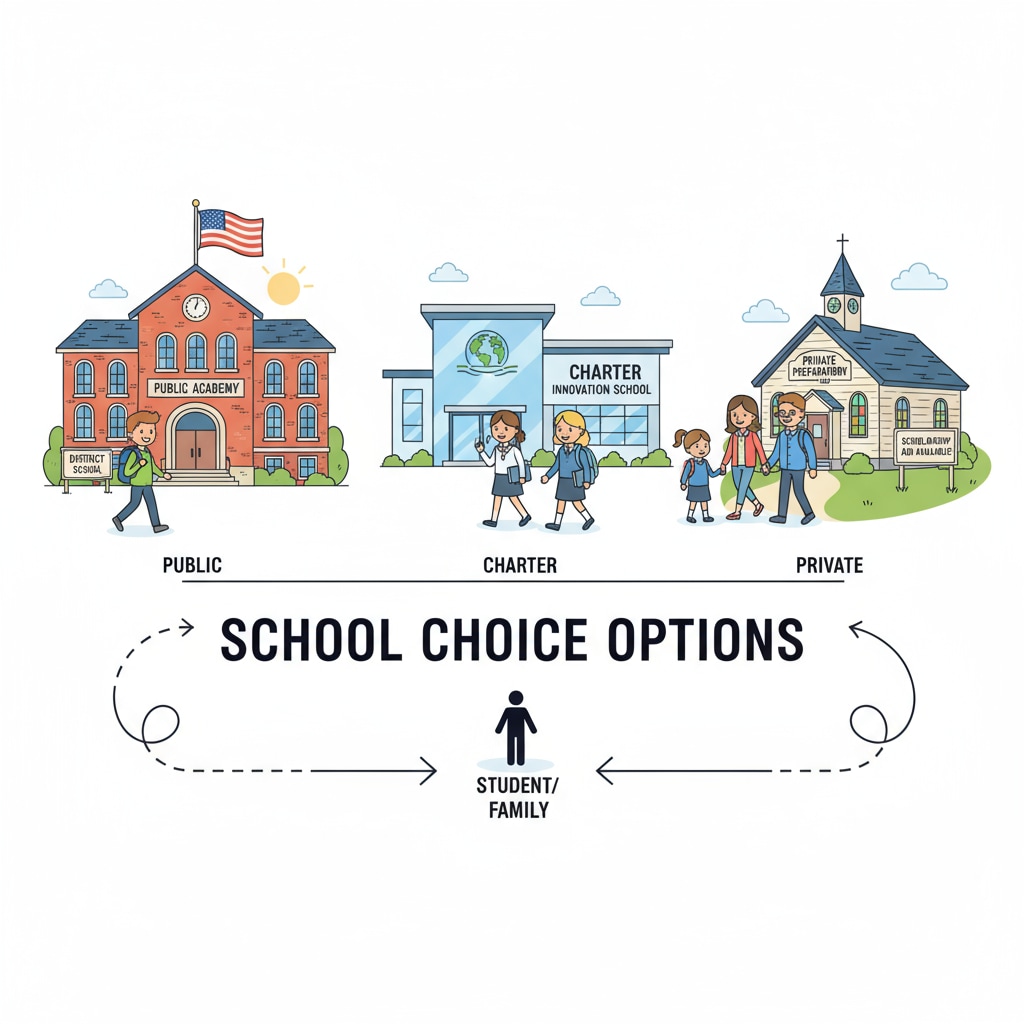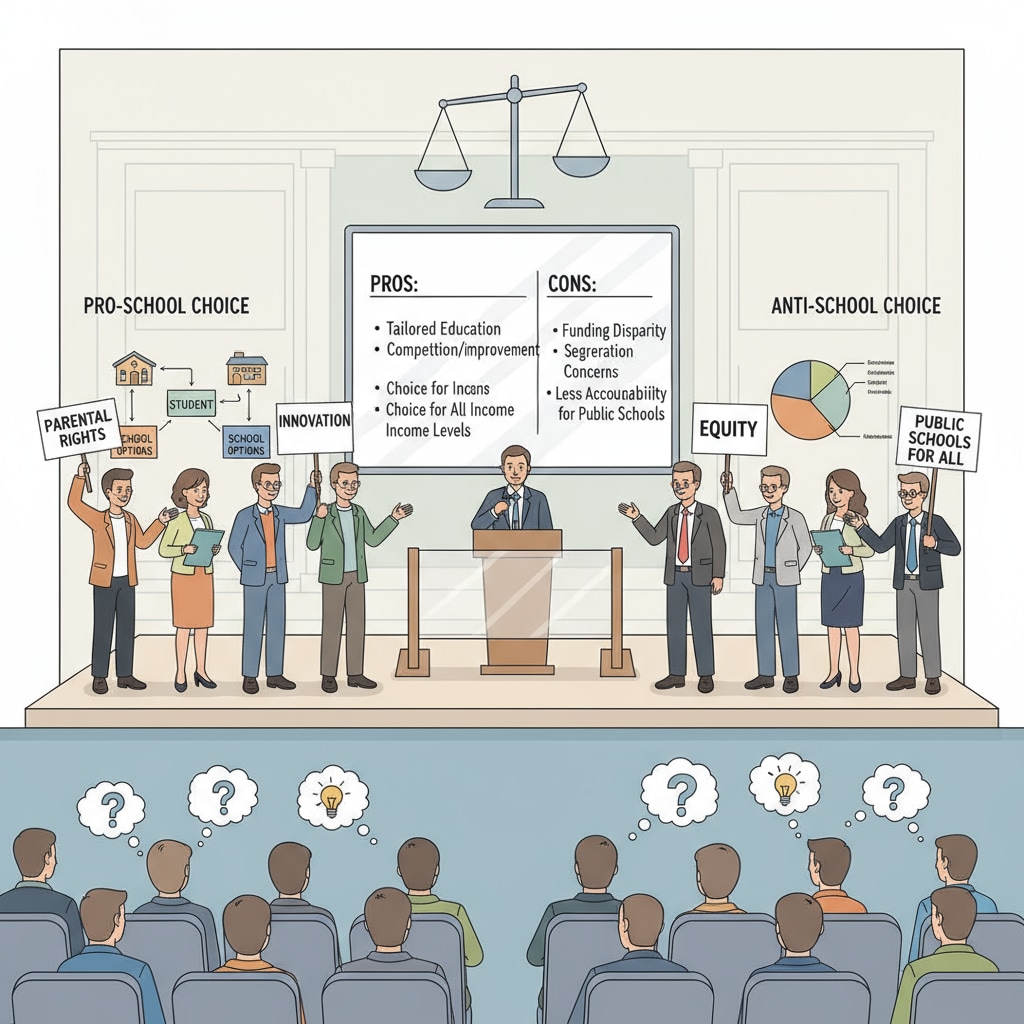School choice, political divisions, and education policies are complex and intertwined topics that have been debated extensively in the realm of education. The concept of school choice policy has become a focal point, stirring up discussions about whether it serves as an opportunity for educational freedom or a potential cause of social division.

The Concept of School Choice Policy
School choice policy, at its core, refers to the idea that parents and students have the freedom to select the school they attend, beyond the traditional assignment based on geographical location. This can include options such as charter schools, magnet schools, private schools with vouchers, and homeschooling. Proponents argue that it promotes competition among schools, leading to improved educational quality. For example, charter schools, which are publicly funded but operate independently, can experiment with different teaching methods and curricula. According to the U.S. Department of Education, charter schools have the potential to offer innovative educational programs that meet the diverse needs of students.
Political Divisions Surrounding School Choice
However, school choice policies have also led to significant political divisions. Politicians and interest groups are split on the issue. Some conservatives see school choice as a way to empower parents and break the monopoly of traditional public schools. They believe that competition will force schools to improve. On the other hand, many liberals are concerned that these policies could lead to social and economic segregation. For instance, if more affluent families use vouchers to send their children to private schools, it could leave public schools with fewer resources and a more disadvantaged student body. As stated by the Urban Institute, there is a risk that school choice may exacerbate existing educational inequalities.

The controversy also extends to the funding aspect. Critics argue that diverting funds to support school choice options, such as vouchers for private schools, takes away resources from public schools. This can lead to a decline in the quality of education in public institutions, which serve the majority of students. However, supporters claim that by allowing funds to follow the student, schools will be more accountable for providing a good education.
Readability guidance: In this exploration of school choice policies, we’ve seen how the concept brings both potential benefits and political challenges. The division between different political views highlights the need for careful consideration. Moving forward, it’s essential to balance the pursuit of educational freedom with the goal of maintaining social equity in the education system.


